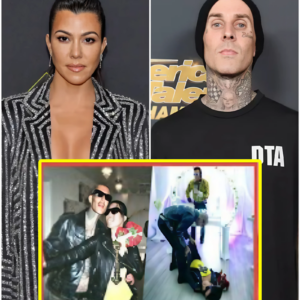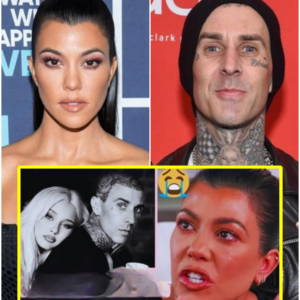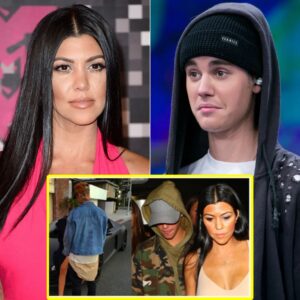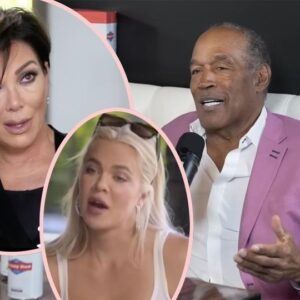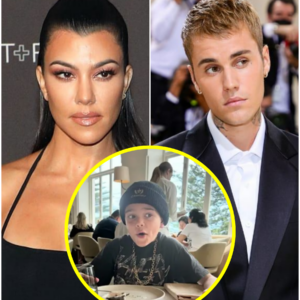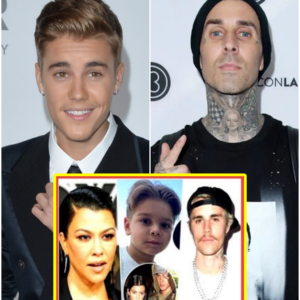In the world of celebrity interviews, few moments have left as lasting an impact as the infamous 1998 interview between Oprah Winfrey and Toni Braxton. Once an undisputed R&B queen with a string of hits and a seemingly unstoppable career, Toni Braxton’s fortunes took a dramatic turn after her appearance on Winfrey’s show. The interview, intended to be a supportive platform, instead unveiled a shocking and uncomfortable exchange that has since sparked widespread debate about Winfrey’s role and motivations.
At the height of her career, Toni Braxton was celebrated for her powerful voice and chart-topping singles like “Un-Break My Heart.” However, behind the glitz and glamour, Braxton was struggling with severe financial issues, compounded by a series of health problems including microvascular angina and lupus. Her financial woes were further exacerbated by an unfavorable record contract that saw her receiving a paltry $1,972 in royalties despite selling over 40 million records. As if that wasn’t enough, her health issues forced her to cancel shows and face mounting medical bills.
The 1998 Oprah Winfrey interview was supposed to offer insight and perhaps sympathy. However, the reality was far from supportive. Instead of addressing the underlying issues, Winfrey’s questioning focused harshly on Braxton’s luxury purchases, such as Gucci silverware and high-end gowns. This line of questioning seemed not only irrelevant but also deeply insensitive given Braxton’s financial and health struggles. Winfrey’s critique, which zeroed in on Braxton’s extravagant lifestyle, ignored the more pressing issues of a flawed contract and serious health concerns.
Braxton was blindsided by Winfrey’s approach. She had admired Winfrey and expected understanding and compassion, not a public reprimand. Winfrey’s questions about Braxton’s spending habits seemed to serve more as an indictment rather than a constructive conversation. For Braxton, this was a moment of public humiliation, exacerbated by Winfrey’s insistence on attributing her financial troubles solely to poor money management.
The fallout from the interview was significant. The public began to view Braxton as a symbol of irresponsible spending, and her reputation suffered greatly. This negative perception overshadowed the real challenges she faced—challenges that Winfrey failed to address or acknowledge. The result was a damaging PR disaster that impacted Braxton’s career for years to come.
The controversy surrounding this interview raises important questions about Oprah Winfrey’s role as an interviewer. Was her intent to offer a platform for honest discussion, or was it to sensationalize and exploit Braxton’s vulnerabilities for higher ratings? This incident has prompted a reevaluation of Winfrey’s approach to celebrity interviews, particularly when it comes to handling sensitive topics.
The incident also invites comparisons to other controversial moments in Winfrey’s career. For instance, actress Mo’Nique’s claims that Winfrey contributed to her blacklisting from Hollywood due to a disagreement over promotional duties for the film Precious have sparked similar debates. Additionally, rapper Ludacris has spoken out about how his appearance on Winfrey’s show was manipulated to portray him in a negative light. These examples suggest a pattern of Winfrey using her platform to assert control, often at the expense of the very individuals she purportedly supports.
As public scrutiny of Winfrey continues, some are questioning her true role in the entertainment industry. Allegations of her connections with figures like Harvey Weinstein and Jeffrey Epstein have further complicated her image. While Winfrey has denied any wrongdoing and maintains her stance on these matters, the ongoing discussion highlights a growing skepticism about her influence and intentions.
In conclusion, the 1998 interview with Toni Braxton remains a pivotal moment in celebrity journalism. It serves as a reminder of the power dynamics at play and the potential consequences of media interactions. For Toni Braxton, the fallout from that interview was a harsh lesson in the complexities of fame and the often unforgiving nature of public scrutiny. For Oprah Winfrey, it is a chapter that continues to spark debate about her legacy and the impact of her journalistic choices.
News
(B) Travis Barker MISSED when Kourtney Kardashian returned home drunk after Kardashians party. (VIDEO)…
Courtney Kardashian made headlines just seven weeks after giving birth when she decided to attend the annual Kardashian Jenner Christmas party sans pants. Despite recently welcoming her fourth child, Rocky, with boyfriend Travis Barker, Courtney seemed anything but tired as…
(B) Kourtney Kardashian Shocking Revelation on Why Her Relationship with Travis Barker Ended. (VIDEO)…
In the public eye, Travis Barker and Courtney Kardashian’s relationship was once perceived as an unbreakable union, filled with passion and devotion. However, recent revelations paint a vastly different picture, revealing the underlying turmoil that ultimately led to its demise….
(B) Kourtney Kardashian SECRET XTAPE With Minor Justin Bieber REVIEWED by The Feds. (VIDEO)
The recent discovery of a video purportedly featuring Courtney Kardashian and Justin Bieber has ignited a firestorm within the entertainment industry, prompting intense speculation about its potential ramifications. This revelation, coupled with reports of a raid on Diddy’s home, has…
(B) EXTREMELY SHOCKING: Kris Jenner Lied About DNA Test To Khloe Kardashian As O.J. Simpson Could Be Her Father. (VIDEO)..
In a moment etched into the memories of internet users, Chris Jenner once orchestrated a dramatic DNA test to dispel rumors surrounding Khloe Kardashian’s paternity. Speculations swirled, stemming from Jenner’s revelations in her memoir “Chris Jenner and All Things Kardashian,”…
(B) Kourtney Kardashian finally shows proof her son Reign Disick is actually Justin Bieber’s son. (VIDEO)..
Courtney Kardashian recently embarked on an exciting escapade to Australia and New Zealand with her husband, Travis Barker, for his tour. However, it was their youngest son, Rain, who stole the spotlight during their adventures. With his mischievous antics and…
(B) NEWS HOT; Travis Barker Found Evidence of Kourtney Shared Baby With Justin Bieber (video)…
The rumor mill surrounding Justin Bieber and the Kardashian family has been churning for quite some time, igniting speculation about his connections with various members. While the details are murky and often sensationalized, let’s delve into the complexities of these…
End of content
No more pages to load
